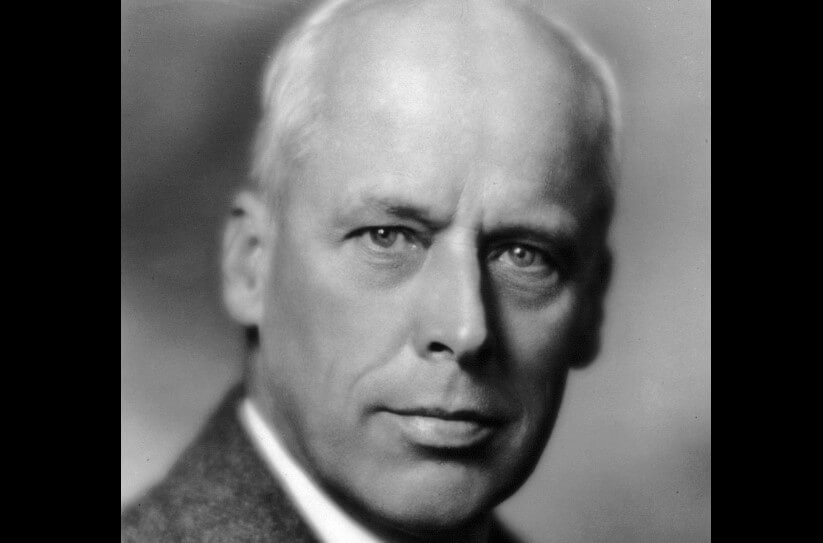Explore the life and legacy of Norman Thomas (1884-1968), a prominent American Socialist leader and six-time presidential candidate. Learn about his early years, political career, advocacy for civil liberties, and key contributions to social justice, as well as his views on war, the Soviet Union, and his enduring optimism for America’s future.

Norman Thomas; (1884-1968), American Socialist leader, who was six times the Socialist party candidate for president of the United States. He championed measures such as unemployment insurance and old age pensions, which seemed radical when first proposed but later became the law of the land.
Thomas was born in Marion, Ohio, on Nov. 20, 1884. After graduating from Princeton University in 1905 and Union Theological Seminary in 1911, he became a Presbyterian minister in New York City. He gave up his pastorate before joining the Socialist party in 1918 so as not to embroil his church in the controversy that surrounded him.
When the United States entered World War I, Thomas, a pacifist, fought for freedom of speech and the rights of conscientious objectors. In 1917 he was a founder of the National Civil Liberties Bureau, which later became the American Civil Liberties Union, and in 1922 he helped organize the League for Industrial Democracy. He also founded and edited The World Tomorrow, was an editor of The Nation in 1921-1922, and later contributed regularly to the Socialist New Leader.
Beginning in 1924, Thomas ran for public office in New York—for governor, mayor, alderman, state senator. He was never elected, but his reputation grew. He was the Socialist candidate for president from 1928 to 1948, winning his highest popular vote, 884,781, in 1932. He worked to organize workers and farmers and supported a variety of liberal causes. In Terre Haute, Ind., in 1935, he delivered a famous defense of free speech and free assembly. That year he also fought the Ku Klux Klan in Florida, and in 1938 he received wide publicity for defying the attempt of Mayor Frank Hague to stop a Socialist rally in Jersey City, N. J.
Thomas rejected the old-line Socialist antagonism toward the Soviet Union, but he was disillusioned on a trip there in 1937. He strove to keep America out of World War II, arguing that a war to end fascism was worse than fascism, but after the Japanese attack on Pearl Harbor he gave his support to the war action. He protested the interning of Japanese Americans and mass bombing. Later he endorsed the UN action in Korea but opposed U. S. intervention in Vietnam.
To the end Thomas deprecated violence and remained optimistic about America’s future. He was thus overlooked by the new generation of radicals. He died in Huntington, N. Y., on Dec. 19, 1968. His books included As I See It (1932), A Socialist’s Faith (1951), Great Dissenters (1961) and Socialism Re-examined (1963).